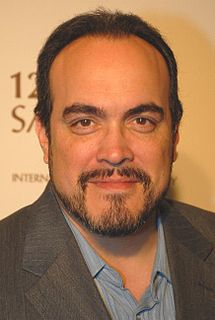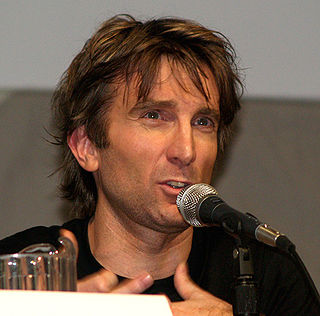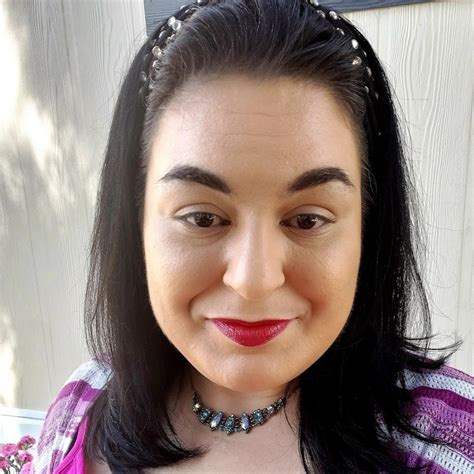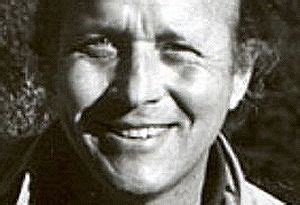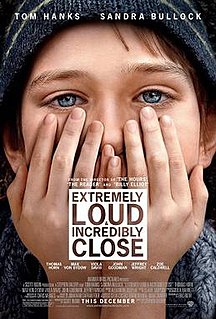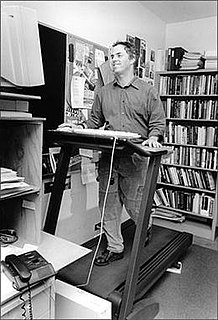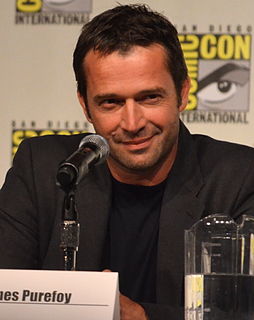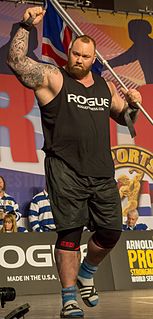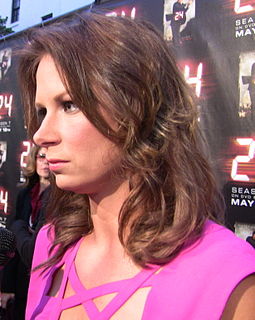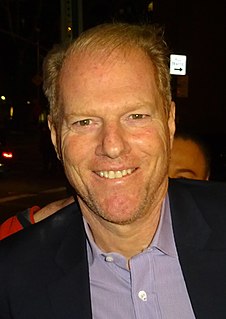A Quote by Bruce Miller
The "magic if" is a tool invented by Stanislavski, the father of acting craft, is to help an actor make appropriate choices. Essentially, the "magic if" refers to the answer to the question, "What would I do if I were this character in this situation?" Note that the question is not "What would I do if I were in this situation?" What you would do may be very different from what the character would do. Your job, based on your analysis of the script, the scene, and the given circumstances regarding the who of your character, is to decide what he or she would do.
Related Quotes
I love it and it is a blessing to be able to have seventy-five to eighty episodes to develop a character and find your voice. You have a similar through voice, and yet you are making different decisions, and so you act differently and you make different choices, as that is what your character would do.
You have a certain objectivity, as a member of the audience, and you can come away maybe being provoked into a certain discourse or a certain arena of questioning, regarding how you would deal with things that your character has to deal with. Whereas when you're doing a film, once you start asking, "What would I do?," you're getting the distance greater between yourself and the character, or you're bringing the character to you, which I think is self-serving, in the wrong way. The idea is to bring yourself to the character.
What would you love to achieve and accomplish? What would you feel great about doing in your life? What meaningful goals would you wish to reach? Imagine achieving and accomplishing everything that you would wish [dream] for. Picture yourself reaching your highest aspirations and your most meaningful goals. Visualize yourself speaking and acting the way you would wish with the highest and best character traits.
When I'm writing, I try to have the mask of my character on as I'm walking through the world. When I'm not at my desk, the rest of the time, I try to stay in that character and see the world the way that character would It's almost like method acting in a way — keeping the character close the way the actor keeps a script close and always tries to be in character.
I would go into a place that was quiet and isolated and think about how my character would feel in the situation, considering who he was and what he had been through. I would think about that even up to 30 minutes. And when I felt the character was in my body and I had left, I could walk onto set or into rehearsal.
Whatever your (unfavorable) situation is, it is a good idea to ask yourself "WHAT YOU WOULD DO if you were free of it." An alcoholic's wife might wish her husband would stop drinking...On examination of her beliefs, she may discover she was frightened of not achieving her own goals and actually encouraged the alcoholism so she would not have to face her own failure.
There were two things that became apparent, pretty quickly into the process. One was that the muscles didn't take as much reconditioning as I thought they would. It was more like voice acting than I thought it would be. You're using your whole body and there are things that are different, but when you are doing a character, even in the booth, nobody is watching but my face will do different things when I do different characters.
Actors always direct themselves. A good actor shows up onset ready, especially in television, and you've done your homework and you know your character. The director may have some variation on what you're thinking or they may have a different interpretation of the scene. So you come prepared to shoot and you've given yourself notes. In television, it may be the first time you're meeting this director and you've been living in this character's skin for a couple of years. It's always great to have fresh perspective and fresh insight, but no one knows your character better than you do.

